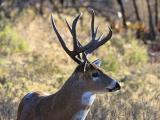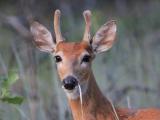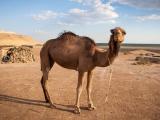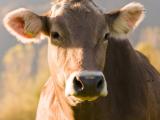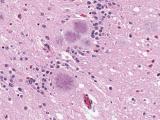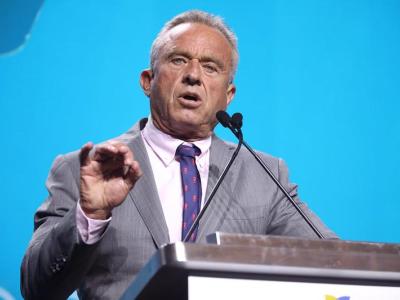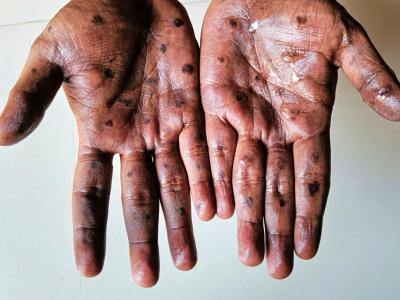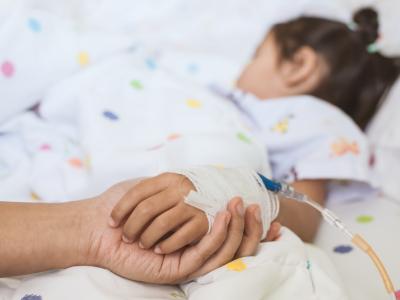Jun 30, 2005 (CIDRAP News) The United States' second case of bovine spongiform encephalopathy (BSE) was in a 12-year-old cow that came from a Texas herd and would have been made into pet food if it hadn't been flagged for BSE testing, federal officials announced yesterday evening.
US Department of Agriculture (USDA) officials said the cow was to be processed at a pet food plant in Waco, Tex., when it was diverted for testing because it couldn't walk. Officials didn't name the plant or say exactly where the cow came from. But an Associated Press (AP) report today identified the plant as Champion Pet Food in Waco and said the cow was already dead when brought there last November.
"The source herd is now under a hold order as we identify animals of interest within the herd," USDA Chief Veterinarian John Clifford said in a prepared statement. Investigators will look for cattle born within a year before or after the BSE-infected cow and any of the cow's offspring born within the past 2 years, he explained.
"If the age of the animal cannot be pinpointed, then we may expand our inquiry to include all animals in this herd before the feed ban went into place in 1997," Clifford said. To prevent BSE, the government banned putting cattle protein into cattle feed in August 1997.
The infected cow was incinerated, and no parts were used in human food or animal feed, according to the USDA. "The safety of our food supply is not in question," Clifford stated.
Because of the cow's age, the USDA suspects it became infected by eating contaminated feed before the government ban began in 1997. The USDA and the Food and Drug Administration (FDA) will try to trace the source herd's feed history, officials said.
The FDA will also check whether firms that may have processed meat-and-bone meal from animals from that herd have complied with the 1997 feed ban, Dr. Steve Sundlof, director of the FDA's Center for Veterinary Medicine, said at a news conference last night.
The Texas case is the first US BSE case in a native-born animal; Clifford said the cow lived on one farm all its life. The previous US case, found in December 2003, involved a Canadian-born dairy cow in Washington state.
An initial screening test on the Texas cow last November was inconclusive, and two confirmatory immunohistochemistry tests were negative. But early this month the USDA's inspector general ordered a Western blot test, which came back positive. Further confirmatory tests at an international reference lab in Britain were also positive, prompting the USDA to announce the findings last week.
The USDA waited for the results of DNA tests before announcing that the infected cow came from Texas. The step was necessary because parts of the infected cow were stored with those of four other cattle, causing some uncertainty, officials said.
"We felt that we had the correct herd; we wanted to identify that appropriately with DNA," Clifford said at the news conference. Investigators analyzed DNA from the infected animal and then looked for relatives in the presumed source herd by analyzing DNA from members of the herd, he said. The investigation turned up two cattle that are related to the infected cow, he added.
The AP report said Champion Pet Food is under contract to take samples from animals in poor health. The company's owner, Benjy Bauer, told the AP that his workers took samples from the cow and sent them to the Texas Veterinary Diagnostic Laboratory at Texas A&M University. The lab is one of several the USDA uses to screen cattle for BSE, the story said.
See also:
